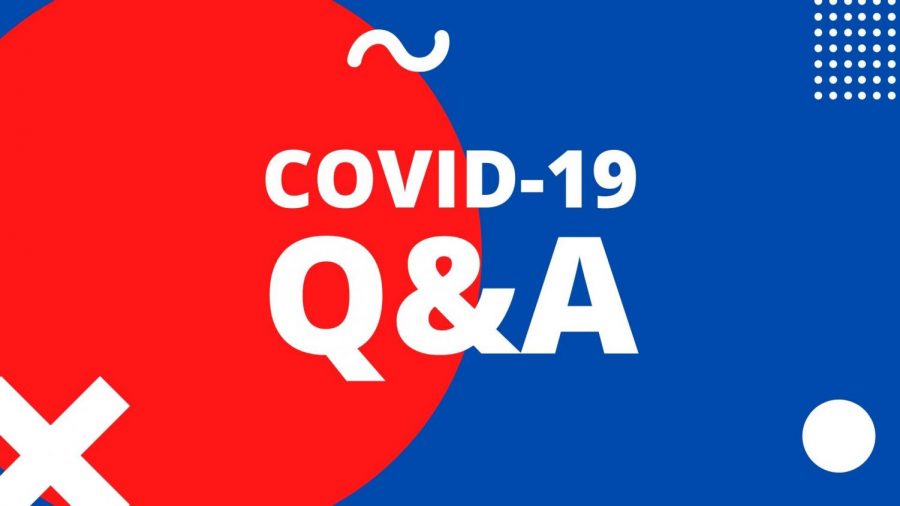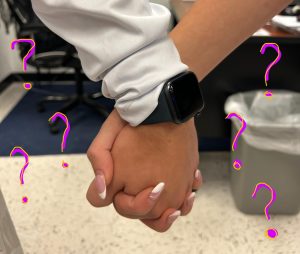COVID-19: Q&A
April 4, 2020
What is COVID-19?
Coronavirus disease 2019, more commonly known as COVID-19, is a repository illness that can spread from person-to-person. The virus that causes COVID-19 is a novel coronavirus that was originally identified when investigating an outbreak in Wuhan, China.
How does COVID-19 spread?
Originally, COVID-19 came from an animal source, but now it is spreading from person to person. The virus spreads mainly between people who are in close proximity to each other (within about 6 feet). A person can get the disease when a person near them sneezes or coughs and they breathe in the respiratory droplets that are produced by the infected person.
What are the symptoms of COVID-19?
The known symptoms right now are fever, cough, and shortness of breath. More concerning symptoms include persistent pain or pressure in the chest and new confusion.
How long does it take for symptoms to show?
It usually takes 2-14 days for symptoms to show, therefore, to prevent it from spreading, you should stay home just in case you may have the disease.
What should I do to keep myself safe from the disease?
We have a whole other article answering that question. Click here to read.
What should I do if I recently traveled from an area with an ongoing spread of COVID-19?
If you have recently traveled from an affected area, there may be a restriction on your movement for up to 2 weeks. During those 2 weeks, if you develop symptoms, contact your doctor for advice on how to proceed.
Is there a vaccine?
There is currently no vaccine for the virus, so the best way to prevent the disease is to avoid close contact with people who are sick and by washing your hands often.
Is there a treatment?
There is no specific treatment for COVID-19. People with the disease should receive medical care to help relieve symptoms. People who have mild symptoms are able to recover at home.
What is ‘Social Distancing’?
Social distancing is generally defined as increasing the physical space between people. In this case, medical experts are asking that we stay at home and away from each other to slow the spread of COVID-19.
How long can the virus survive on surfaces?
Studies suggest that COVID-19 can survive on surfaces for a few hours up to several days. If you believe that a surface may be infected, clean the surface with a simple disinfectant to kill the virus.
Is the virus airborne?
No, the droplets that are produced by an infected person are too heavy to hang in the air, therefore, they fall to the ground or onto a surface almost immediately. Though, you can still breathe in these droplets and become infected.









